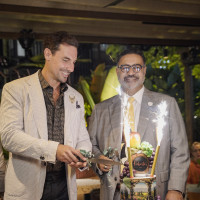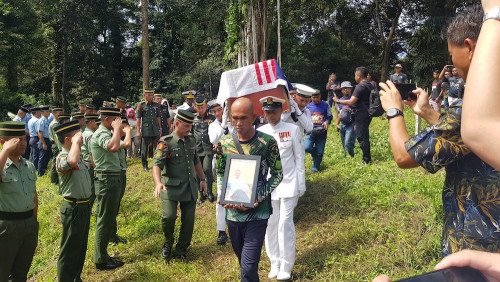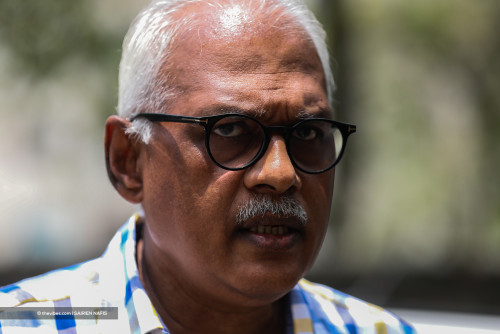BAGGING the Script Service Award at HAF Film Lab back in 2019, which further encouraged director and scriptwriter Lau Kok Rui aka Ray Lau to persevere in his proper feature film directorial debut, ‘The Sunny Side of the Street’ promises tales of belonging and what humans do in search of it.
It follows the story of a 10-year-old Pakistani refugee boy on a pursuit of escape but finds an unexpected kinship with a Hong Kong taxi driver (played by famed actor Anthony Wong). Their journeys charmingly align in this one-of-a-kind piece.
Currently in the post-production stage, Lau chats with The Vibes Culture & Lifestyle to talk about his much-anticipated project. Producer Peter Yam joins in together with the project’s main investors, PETRA Films head Darren Shaw and PETRA Group chairman Datuk (Dr) Vinod Sekhar. The film will be the debut project for the company.
The Vibes: How much of your personal journey did you inject into the storytelling of this film? What was your writing process like?
Ray Lau: Firstly, the story focuses on what it is like being a refugee in Hong Kong city. I am not a refugee myself, but I put a lot of my personal emotions in it regarding the father-son relationship (or absence of it) because I am not in a close relationship with my family members. Of course, we love each other, but I didn't necessarily talk to my father (in particular) in our day-to-day life before I left Malaysia. Then, when I came to Hong Kong the chance of bonding became even distant. I felt very lonely growing up in this city, and I needed to learn how to become a man at a young age because when I arrived, I was just 18 (to pursue my studies).
.jpeg)
So, I conveyed that experience in the story of the film’s protagonist – a Pakistani boy named Hassan, who lost his father in a foreign land and (similarly) must learn how to man up in his own way.
The most important thing for me to reflect on in the film is the father-son relationship. Personally, I hope this project could be one of the things that I could send to my father as a gift so we can have our own conversation on it.
Because of my background as an immigrant in Hong Kong, I am always concerned about people that somewhat share the same journey and did a lot of research about other immigrants in the city. I made documentaries (outside of the project), specifically on domestic workers here who are mostly from the Philippines or Indonesia.
Simply put, this feature film is also a combination of my previous research where it is based on many things that are related to being a foreigner here.
TV: How do you think the plot would appeal to audiences beyond the locality portrayed in the film? Why is the story important to tell?
RL: Deep down, the film highlights family relationships. In the film, the refugee family consists of three familial roles – the mother, the father, and the child. Each, longs for the ideal family harmony, but finds it difficult to achieve because of their refugee status in Hong Kong.
The refugee aspect centres on the social background of the story but when people watch the film, they can feel the emotional element that resonates with everyone around the world because everyone has a family or understands the idea of it.
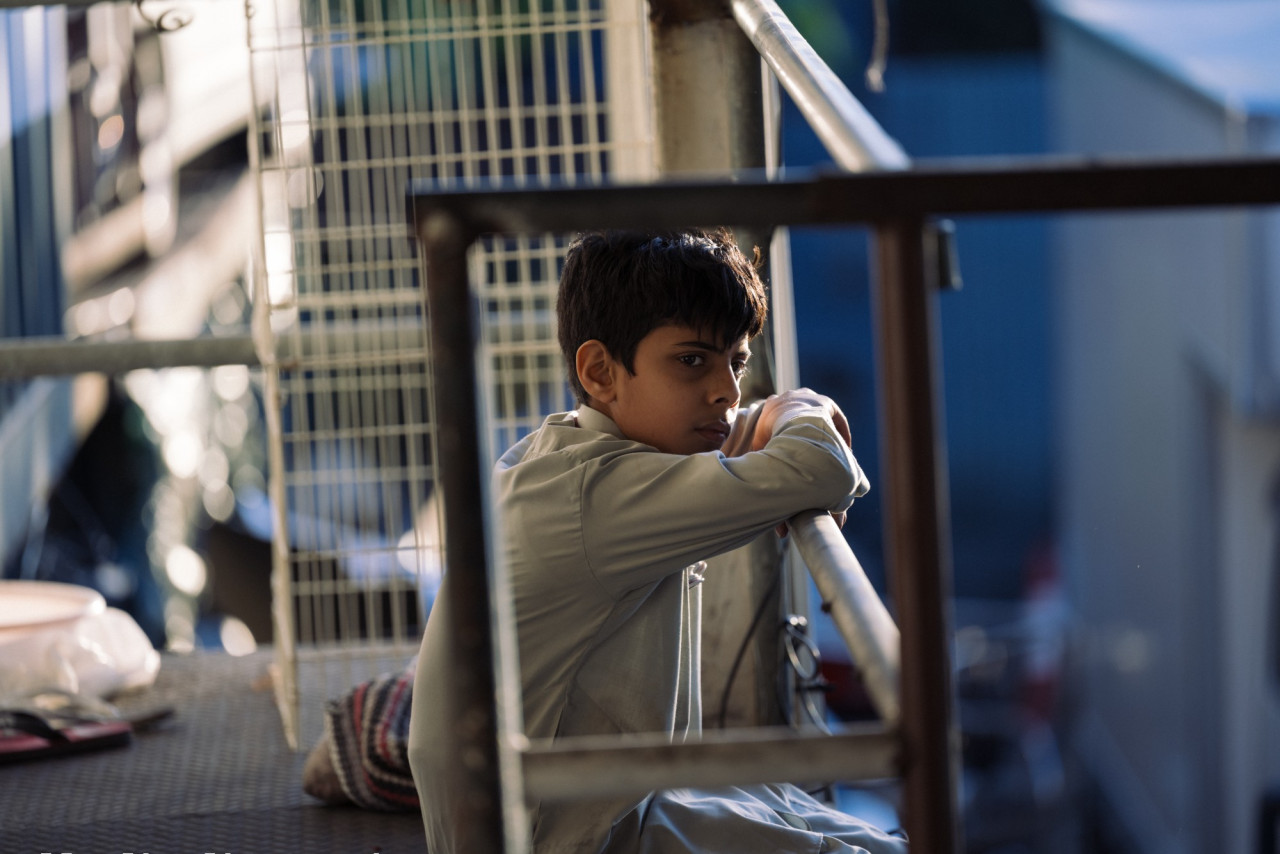
Peter Yam: I mean, when we talk about films, some arouse emotions we do not experience that we may wish to be part of. Of course, most (movies) that carry easily digestible storylines are done to offer an escape from reality.
For Ray, even if it is his first feature film, he is a veteran of documentary filmmaking. He combines realism with aestheticism, where the approach is beautiful so issues that may be deemed heavy are a lot easier for the audience to take in.
The appeal of ‘The Sunny Side of the Street’, apart from what has already been mentioned, is telling what it means by unfulfilled love. I think we have hit on a couple of nerves on the issue of immigration, family and the sense of belonging in a way that is not just focused on one locality.
When we work with PETRA (Group), I remember specifically, that they are pushing for humanity and impact, and that is striking. On that, I can say that we have a good partner because this film is about just that. To create a long-lasting impact, PETRA has been very helpful in allowing us to work independently with a good backing of production-related consultation.
TV: So Peter, what do you value about Ray’s creative processes seeing that you have worked with him closely?
PY: I think he has a fresh approach to dealing with immigration issues where hospitality cannot stretch too much, in a way.
Most people when touching on stories related to such groups, talk about integrations, they talk about success stories, but then Ray himself has a first-hand experience of what being an immigrant is like. He talks about survival issues.
Especially for first generations of immigrants into a new country. How can they survive? How can they put food on a table? To some extent, they may indirectly involve themselves in something within the boundaries of illegal acts. This may well be why stereotypes of how immigrants are very secretive stem from.

I think Ray was able to allow the audience to ask themselves what they would do if they were to be in the same shoes as the characters in the film. So, what do you do?
Working with him for the past two years, I have come to understand that he has a high EQ and a resilient mindset to be part of filmmaking which is a very stressful environment. I consider myself quite cool-headed, but then I think he is cooler than me in some ways.
TV: What does the acknowledgement of the film in the recent HAF mean to you and others involved in the film?
RL: It is very motivating because when I moved to Hong Kong about 14 years ago, I came here to study business at first. I love film, and eventually, I participated in many projects to gain experience as a director.
Being my first project, it is not easy as an outsider in Hong Kong to join the film industry and make a movie. For me to get this recognition helped me to keep on moving. Of course, I hope I won’t only become a Hong Kong-based director but a Malaysian director that can make Malaysian movies.
Datuk Vinod Sekhar: We had a vision of what we want PETRA Films to represent or to evolve into in the future. So that meant what we show right from the beginning to be critical – what we want to work with, the kind of directors we brought on board.
Right from the start, Darren and PETRA Films saw the potential in this project. It was no surprise (the HAF acknowledgement) to us because we, or at least Darren, saw it coming. This young man, Ray Lau, is going to produce something special and that is what has happened.
Most importantly for us as Malaysians, PETRA as a Malaysian company working with a young Malaysian director has achieved something outside of the country where, in Hong Kong especially, the competition is nonsensical.
I feel as a whole we should be inspired and take advantage. We are all pleasantly surprised with the recognition gained from the film so far.

Darren Shaw: I don’t want to take all the credit for selecting the project. We read many scripts of which Ray's was one of them.
I think we have quite an interesting board of advisors put together who are very experienced as well and when we selected this and showed it to Vinod, he agreed that it had characteristics that were quite unique.
Even though Ray is a first-time feature-length film director, what’s interesting about the project is that he also wrote the script, and it won an award.
So, we have a director-filmmaker who is also a scriptwriter and that is worth something. Less unique to be in Asia but certainly on a global scale. The fact that Ray was Malaysian was completely a coincidence, maybe it was a good sign that our first project comes from a Malaysian director.
It honestly was not chosen in that way, but it just so happened to be that way. We are very happy so far.
Additionally, Peter Yam is a very experienced film producer so that gave us a lot of comfort to work with Ray. We have been on time and budget, they are just about to start submissions to other big film festivals, and we are waiting anxiously to see how ‘The Sunny Side of the Street’ is going to be received.
The storyline and the content of the film really resonate – I think the world has sort of moved into more themes that are touched upon in this film. I am hopeful of it not just creatively but commercially as well.
TV: How heavily is Petra Films involved in the project? Ie. scope of work-related. What was the experience like?
DS: It's always a very good sign when a producer and director can respond to some issues related to the story elements in the script well. In our first meeting, I think, at least from our side, I thought Ray and Peter to be very positive when we talk about some challenges on the commercial level.
Equally, we allowed our network of very experienced producers to talk and weigh in about elements of the film that might be problematic, wherein certain markets, some things may and may not be allowed.
Ray and Peter were very engaged in trying to resolve those issues. There was a very high level of respect established very quickly between the two parties.
Ultimately, this is a project that carries a story that really resonates and is honest. I believe by now you can tell that Ray’s idea(s) come from the heart. Hopefully, that will come out in the final edit of the film.
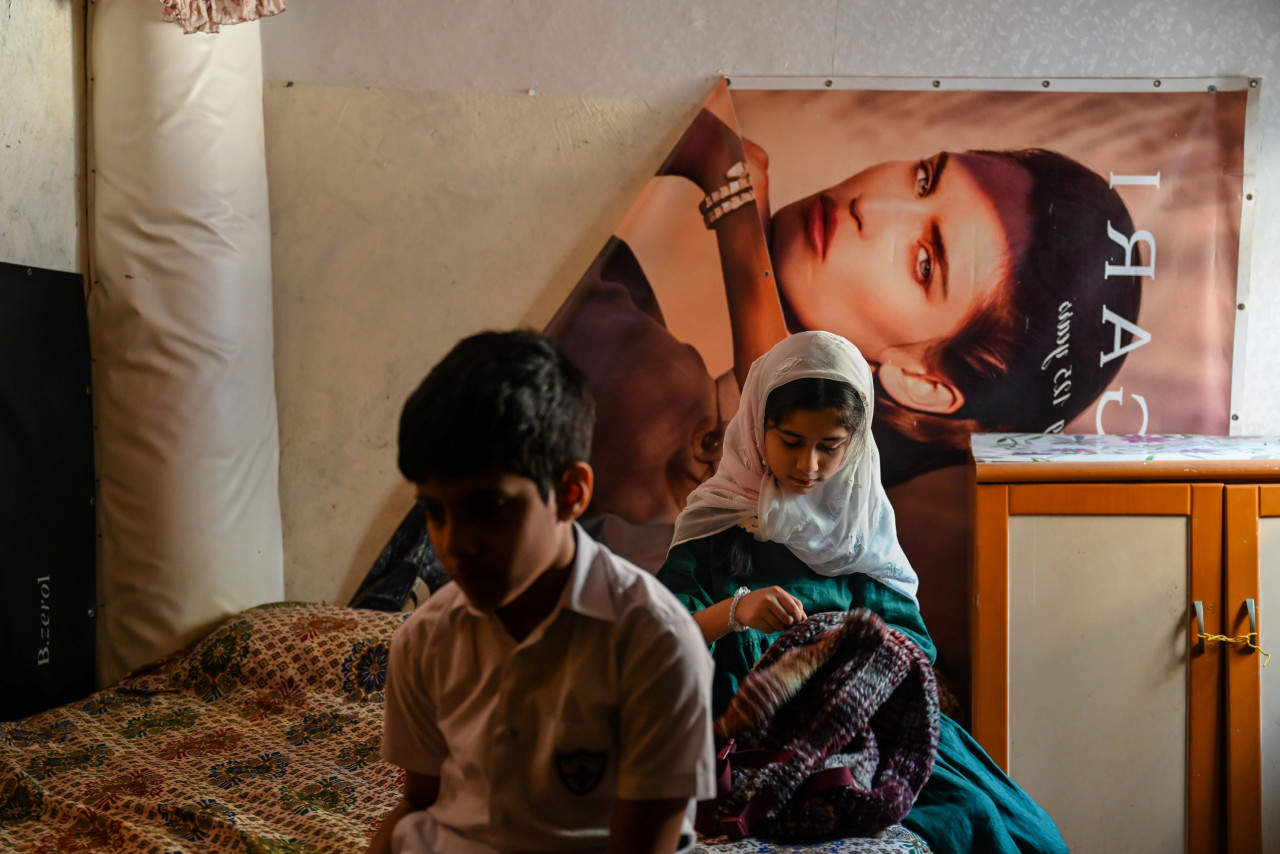
DVS: Our role to act as a guide is to ensure that from a commercial level, the marketplace (and our experience globally) is looked at thoroughly and provide viable advice from there. In fact, I would like all our companies (under the PETRA Group) to evolve this way where, you know, there is such a tremendous amount of mutual respect.
TV: Are we able to disclose the exact figure of how much was invested in the film?
DS: Just over US$1 million, and, as I said, we are on budget. I just want to echo what Vinod shared earlier where PETRA Film is concerned, we want to be a filmmakers’ film company. We really want to work closely with filmmakers.
PETRA Films has a very international outlook, and although we are Singapore-based, we have an office in Hong Kong and interests in other parts of the world. We want to look at projects from around the world that fit into this idea of touching on good stories, important stories.
DVS: We had faith in the product that we had, we liked the film, we liked the script. And because of that, we then took it forward. And we did it for a budget that we felt (risk & returns) makes sense. So, we're hoping that this collaboration won't stop with Ray’s ‘The Sunny Side of the Street’ alone. We want more of such collaborations.
TV: My last question is to Ray. What did you learn most about yourself and filmmaking? Will you pursue stories with a human-interest value?
RL: As film directors, we don’t classify that we only want to commit to a specific genre. Indeed, there is still a core (in the story idea) that one may be concerned about where you have a unique perspective.
Because of my personal experiences, you definitely see my works having the tale of an outsider in a non-familiar city-born or raised. My perspective is more humanistic, I’m more about things that really happen in Hong Kong than about something fictional. This is my approach for now. – The Vibes, March 20, 2022



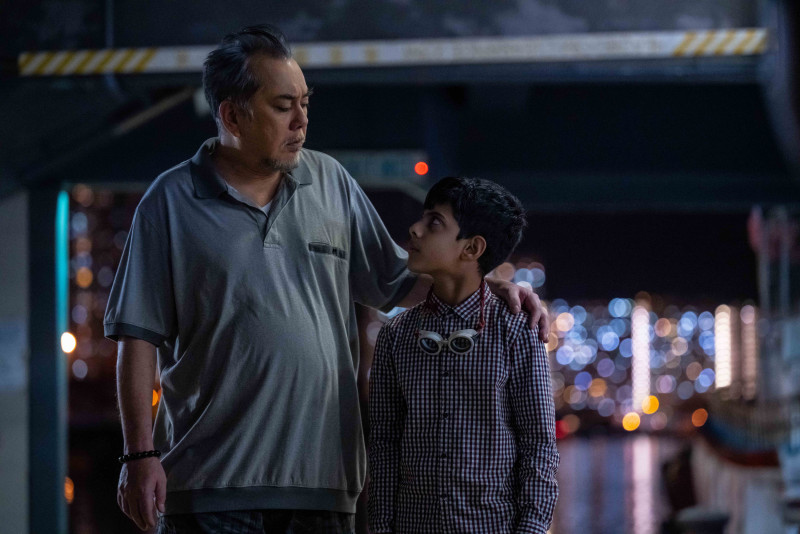


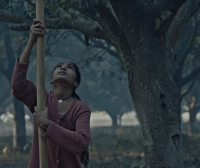


_Vinod_Sekhar_a_speech_at_ETHR_World_NexTech_Southeast_Asia_HR_Summit_2022_at_Sheraton_Imperial_-_AZIM_RAHMAN_15.jpg)
